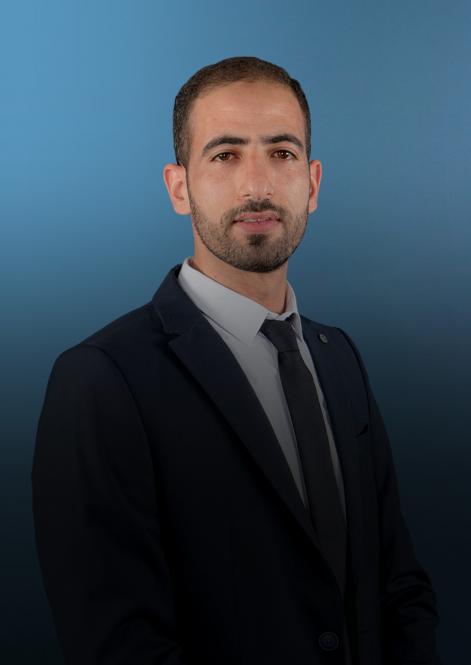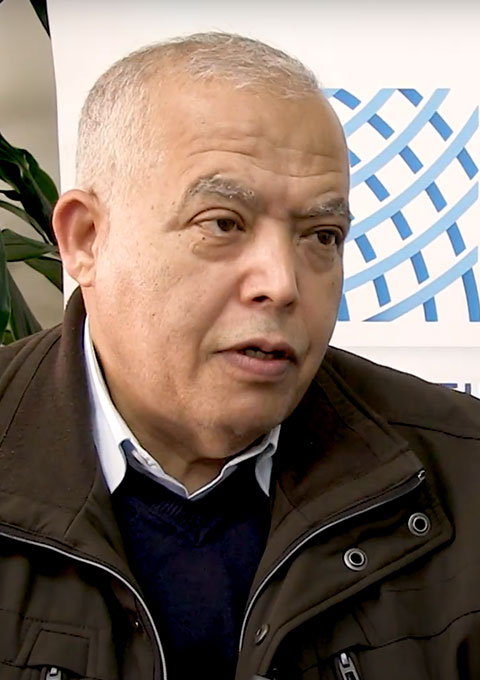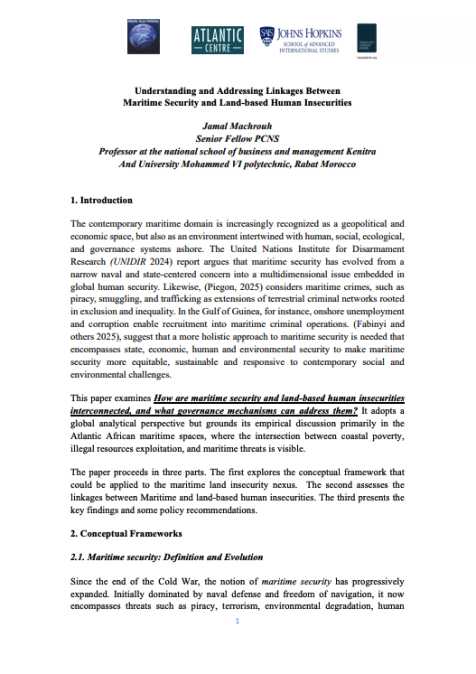حديث الثلاثاء : العلاقات اليابانية الافريقية: أية رهانات في ظل القمة الثامنة لمؤتمر - تيكاد 2022
يخصص مركز السياسات من أجل الجنوب الجديد حلقة برنامجه الأسبوعي "حديث الثلاثاء" لمناقشة العلاقات الافريقية اليابانية في ضوء القمة الثامنة "تيكاد 2022" التي ستنعقد في تونس نهاية هذا الشهر مع عبد الله ساعف، باحث بارز بمركز السياسات من أجل الجنوب الجديد.
جاء اهتمام اليابان بأفريقيا في مطلع التسعينيات، في ظل انهماك دولي بتداعيات سقوط الاتحاد السوفييتي، ونهاية الحرب الباردة حيث بدأ بروز أفريقيا في سياسات اليابان الخارجية بشكل أكبر خصوصا بعد انعقاد اول مؤتمر عالمي حول أفريقيا سنة 1993 حمل عنوان مؤتمر طوكيو الدولي للتنمية الأفريقية "تيكاد" كمبادرة لتوجيه انتباه المجتمع الدولي مباشرة إلى أفريقيا.
نعود خلال هاته الحلقة إلى أهم محطات تطور العلاقات الافريقية اليابانية، وكدى ملامح السياسة الخارجية اليابانية تجاه دول منطقة المغرب الكبير، مع التركيز بالخصوص على أولويات العلاقات المغربية اليابانية، إضافة إلى أفق التعاون الياباني الافريقي في ضوء القمة الثامنة تيكاد، أسئلة وغيرها نناقشها مع عبد الله ساعف، باحث بارز بمركز السياسات من أجل الجنوب الجديد.
يخصص مركز السياسات من أجل الجنوب الجديد حلقة برنامجه الأسبوعي "حديث الثلاثاء" لمناقشة العلاقات الافريقية اليابانية في ضوء القمة الثامنة "تيكاد 2022" التي ستنعقد في تونس نهاية هذا الشهر مع عبد الله ساعف، باحث بارز بمركز السياسات من أجل الجنوب الجديد.
جاء اهتمام اليابان بأفريقيا في مطلع التسعينيات، في ظل انهماك دولي بتداعيات سقوط الاتحاد السوفييتي، ونهاية الحرب الباردة حيث بدأ بروز أفريقيا في سياسات اليابان الخارجية بشكل أكبر خصوصا بعد انعقاد اول مؤتمر عالمي حول أفريقيا سنة 1993 حمل عنوان مؤتمر طوكيو الدولي للتنمية الأفريقية "تيكاد" كمبادرة لتوجيه انتباه المجتمع الدولي مباشرة إلى أفريقيا.
نعود خلال هاته الحلقة إلى أهم محطات تطور العلاقات الافريقية اليابانية، وكدى ملامح السياسة الخارجية اليابانية تجاه دول منطقة المغرب الكبير، مع التركيز بالخصوص على أولويات العلاقات المغربية اليابانية، إضافة إلى أفق التعاون الياباني الافريقي في ضوء القمة الثامنة تيكاد، أسئلة وغيرها نناقشها مع عبد الله ساعف، باحث بارز بمركز السياسات من أجل الجنوب الجديد








